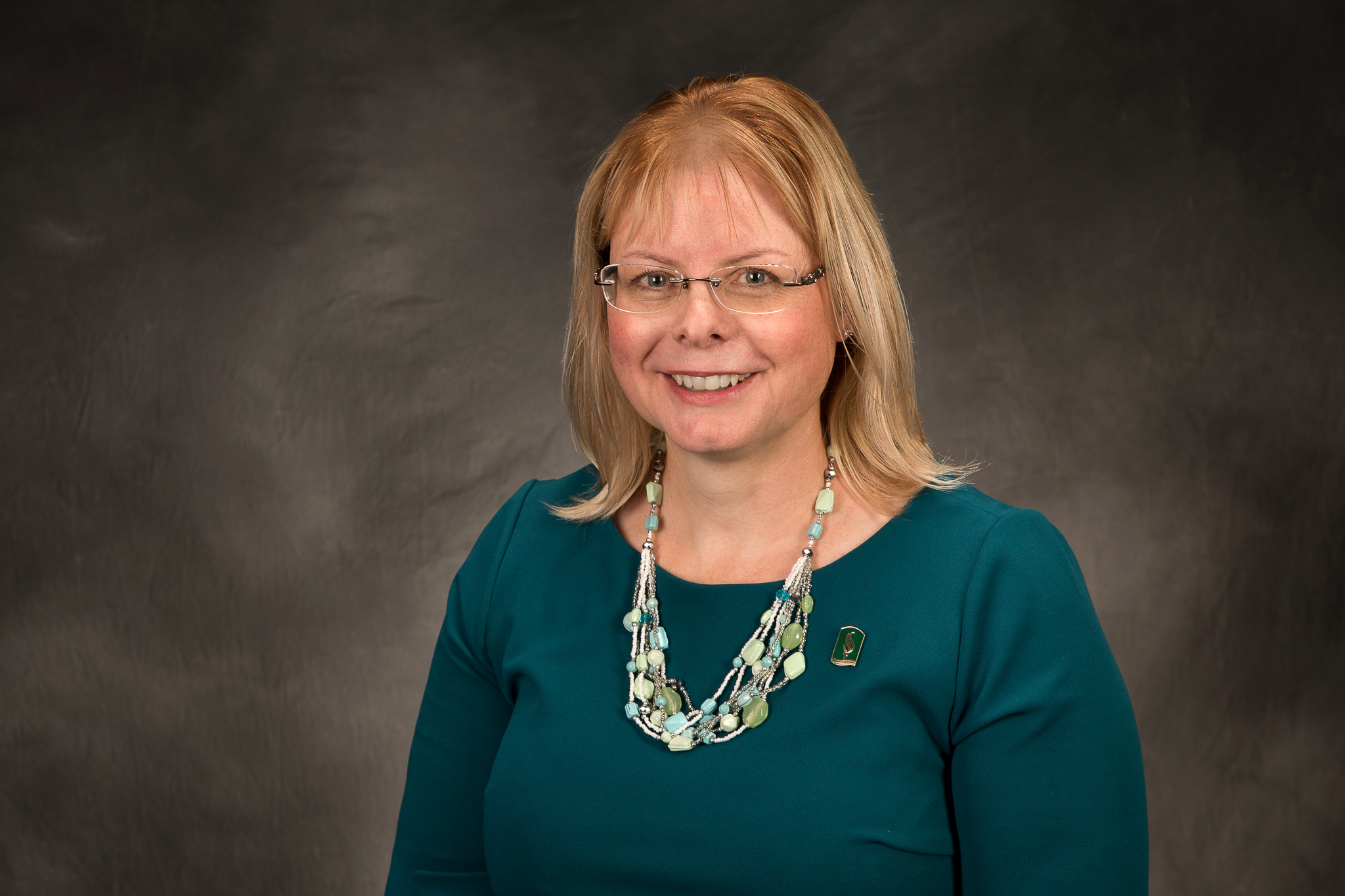 Katherine Cota, right, and other judges assess presentations made during the StartupSac pitch competition on Dec. 4 at Sacramento State Downtown. (Sacramento State/Cynthia Hubert)
Katherine Cota, right, and other judges assess presentations made during the StartupSac pitch competition on Dec. 4 at Sacramento State Downtown. (Sacramento State/Cynthia Hubert)They came. They pitched. They conquered their fears.
Sac State Downtown on Tuesday evening, Dec. 4, was the scene of StartupSac’s first “Warm-up Pitch Contest,” an opportunity for community entrepreneurs to present their innovations to the public. Among the judges was Katherine Cota, executive director of the University’s Carlsen Center for Innovation and Entrepreneurship.
StartupSac’s Laura Good said 35 budding businesses applied to take part in the event, and eight made the cut. The goal, she said, was to give startups a chance to work out some jitters and practice their presentations before pitching to investors.
“There aren’t a lot of opportunities to do that in the Sacramento area right now,” Good said.
The presenting companies, each of which made a five-minute pitch, were:
- Aiyotek, which develops medical alert technology to help elderly people, represented by Haroon Rasheed.
- AppAlly, a developer of mobile games for people who are visually impaired, represented by Devin Blankenship.
- E-Handoff, an online communication system to coordinate the transfers of medical patients, represented by Jocelyn Monroe.
- ProPlanr Inc., a team planning and collaboration platform, represented by Brenda Tello Horton.
- Fanalyze Inc., a fantasy sports search engine and analysis platform, represented by Juan Juan.
- Humaxa Inc., which developed an online tool to improve employee engagement and retention, represented by Carolyn Peer.
- MultiCultural Press Inc., a story app for bilingual families, represented by Nathalie Mvondo.
- Yellow Circle Inc., which sponsors technology boot camps and mentorship programs for students around the world, represented by Navneet Grewal.
Cota and four other judges picked e-Handoff as the top presenter, earning the company a prize package valued at $9,000. Finishing second was Humaxa, which received a package worth $3,000.
In her presentation, Monroe told judges that better coordination of patient transfers from hospitals to homes, skilled nursing facilities and other places would save money and improve quality of care.
Researchers have estimated, she said, that “unstructured” patient handoffs were responsible for more than $25 billion in spending in 2017 as a result of avoidable complications and hospital readmissions.
e-Handoff helps clinicians, patients and families communicate more effectively to avoid such missteps, she said.
Cota and the other judges were impressed.
“Medical care needs are increasing due to an aging population, and electronic medical records are the industry standard,” Cota said. “With more patients and more information being placed into electronic systems, sometimes the handoff from one shift and care staff to the next can miss critical information. e-Handoff addresses the need for information sharing between and among staff and shifts.”
The city of Sacramento was primary sponsor of the Pitch event, and Sac State played a key role, said Good.
The Carlsen Center, along with the College of Business Administration and the Department of Public Affairs and Advocacy, were “exceptional partners” in planning and launching the event, she said. They not only provided the meeting space, but shared in catering expenses. Cota helped develop the judging process and rules for presenters.
“The Carlsen Center was pleased to work with StartupSac to provide this opportunity to the community entrepreneurs who pitched,” Cota said. “They received valuable feedback and should be better positioned to take their businesses to the next level and secure equity funding.” - Cynthia Hubert
